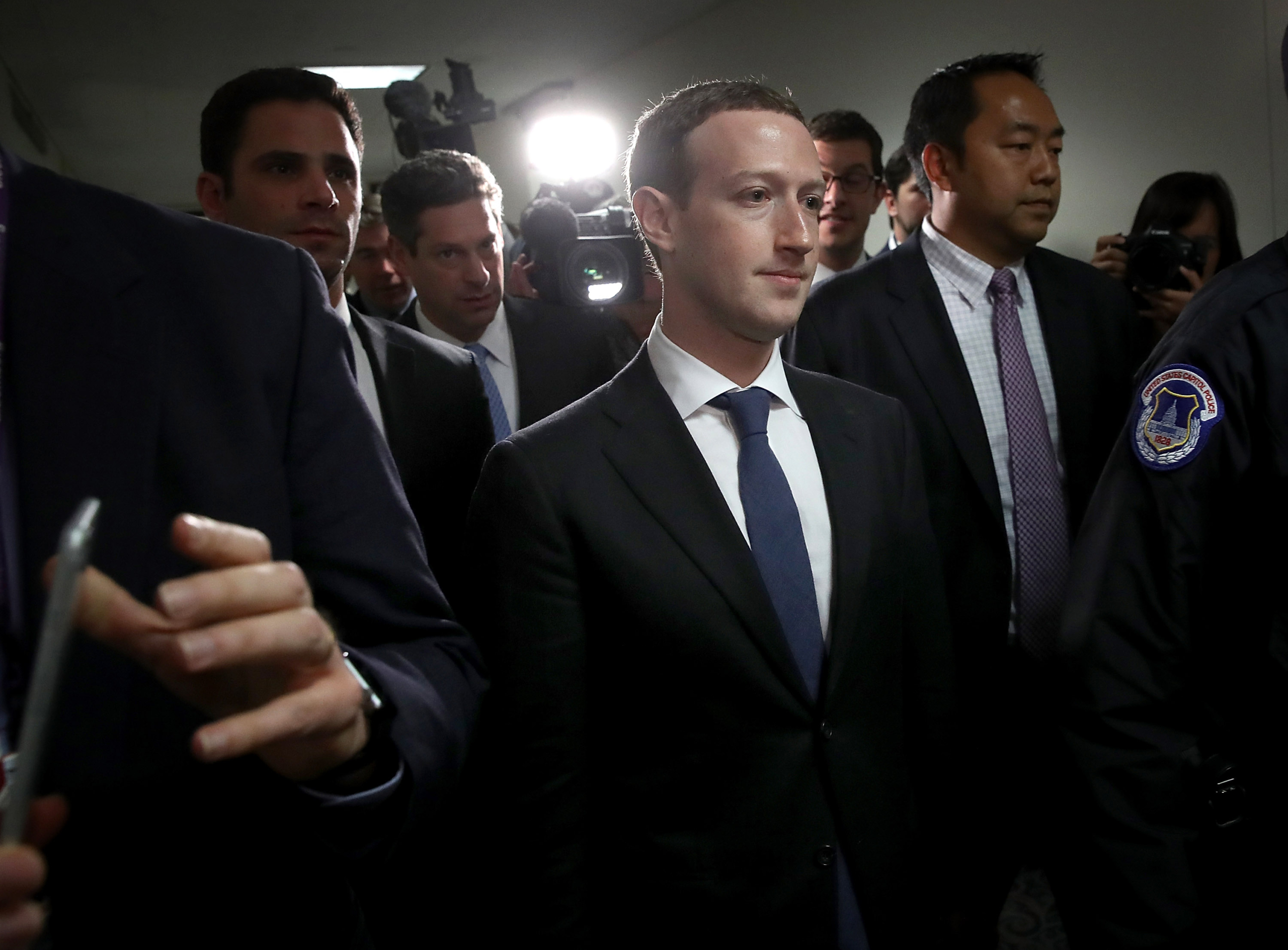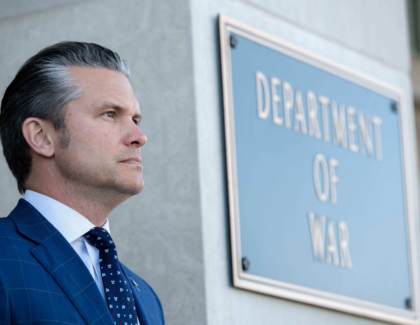Sign up for the daily CJR newsletter.
What will happen to Facebook? Today’s hearings on Capitol Hill might give us some insight into the remote possibility of how the social media company’s activities will be curtailed in small ways, like stricter limits on political advertising, or big ways like wide-ranging limits on personal data use. But the policy theater of Mark Zuckerberg, be-suited and contrite, is likely to be more arresting than any regulatory formulation that follows. We are more likely to learn just how futile the Facebook founder’s supposed political ambitions are than we are to hear that there is plan to break up the Standard Oil of the information age.
There is no one in government who seems in a desperate rush to dismantle the communications apparatus, which apparently delivered them an unlikely presidency, with or without Cambridge Analytica’s misuse of voter data. The 500-strong communications department at Facebook has awoken from its self-induced coma to start issuing statements, interviews, policies, and a rolling apology for Facebook’s carelessness. A large research initiative for independent researchers backed by major foundations, further restrictions on third party developer access to data, backing for the ‘Honest Ads’ Act creating accountability for political advertising.
ICYMI: Mark Zuckerberg seems “genuinely peeved” during a recent interview
The question of what might ‘fix Facebook’ is circular; its answers range from things that Zuckerberg has already offered, such as transparency and authenticity when it comes to buying political advertising in the future, to the ultimate sanction of breaking the company up—the least likely option from the anti-regulatory Trump administration. Every lawmaker who questions Zuckerberg will be acutely aware that their own campaigns will still likely depend on Facebook’s targeted advertising.
Nothing annoys governments like being made to feel there is something more powerful than them.
For Zuckerberg, his appearance ought to be an important business lesson that in cases of corporate negligence, the cover-up is almost invariably worse than the offense itself. Had the company been more diligent about its own image, (let alone its own data) in 2015 when it was first alerted by The Guardian to the potential misuse of profile information from the platform by third parties, the Cambridge Analytica scandal might have stalled at the gate. (Disclosure: The author sits on the board at the Scott Trust, which owns The Guardian.)
The ferocious interest in Zuckerberg’s appearance has echoes of June 2011, when Rupert Murdoch and his son James appeared before the UK’s parliamentary select committee of the Department of Media Culture and Sport to answer questions about phone hacking. The tableau of the octogenarian media mogul fielding questions from lawmakers who at the time included Conservative MP-turned-Twitter-conspiracy theorist Louise Mensch was made infamous by the appearance of a random pie-thrower who was swatted away with a lunge by Murdoch’s then-wife, Wendi Deng.
Although there is no suggestion that the problems Facebook allowed to proliferate on its platform are deliberately criminal in the way phone hacking was, there are plenty of parallels that Zuckerberg might learn from. The first is that although Murdoch and his company survived that dark episode in the company’s history, it was never quite the same again. Even the swift closure of the offending newspaper The News of the World did not fully stop the rot. This was at least in part because the business model which had encouraged the use of phone hacking—the selling of sensational celebrity gossip to large audiences—was already in decline thanks in part to Facebook and other social media platforms. A second lesson is that however above the law globalized business success might make you feel, nothing annoys governments like being made to feel there is something more powerful than them.
But the most important lesson for Zuckerberg is already that in political and cultural arenas optics and opinion matters every bit as much as the hard skills of engineering: Two months after Murdoch’s testimony before the parliamentary committee, Murdoch’s News Corporation split into two companies in order to shield its valuable TV and film assets from association with the phone hacking scandal. Facebook is a company which is in a painful cultural transition, and Zuckerberg’s testimony today will provide us with some insight into how that is going. Form more substantive outcomes, we will have to wait for some time.
RELATED: The Facebook Armageddon
Has America ever needed a media defender more than now? Help us by joining CJR today.







